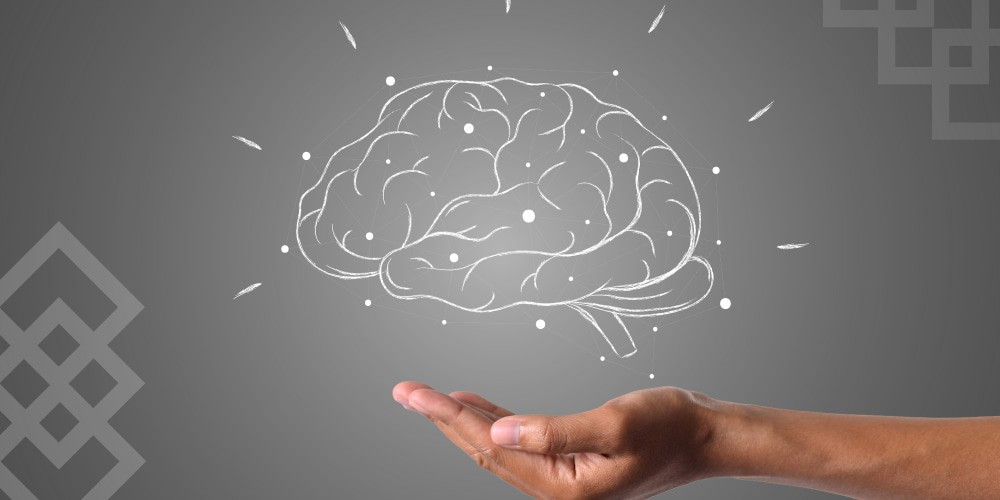Many people think that Alzheimer’s disease is the only condition that can lead to dementia. However, several diseases can cause permanent memory loss. Thus, making a diagnosis a significant issue.
All of us forget things from time to time. Recall how long you searched for keys or forgot a person’s name, even though they just introduced themself. Modern medicine treats these issues as difficulties with some degree of memory problems. Besides that, we know that aging can cause a decline in cognitive abilities. Nonetheless, there is a massive difference between cognitive changes caused by aging and memory loss caused by Alzheimer’s disease or similar conditions. Thanks to the development of modern science, we know right memory loss treatment.
However, it has become increasingly important to diagnose before it’s too late. Our team compiled this article to inform you when you need to go to your doctor and the issues caused by aging.
Aging and memory problems
It is entirely possible to experience age-related memory loss and live a full, productive life. With age, you will forget the name of your acquaintance or accidentally misplace your glasses. The changes mentioned above in memory are manageable and will cause minor problems.
Dementia and memory loss
Modern medicine uses the word “dementia” to describe a set of symptoms that lead to problems with memory, reasoning, judgment, speaking, and other cognitive skills. In the beginning, dementia causes minor issues. However, it tends to worsen over time and affects a person’s ability to work and socially interact.
The early signs of dementia include:
- Tendency to repeat the same question several times
- Constant difficulties with finding appropriate words during conversation
- Сonfuse the meaning of the words. Saying “desk” instead of “floor,” for example
- Taking longer to complete familiar tasks, such as following a recipe
- Putting items in inappropriate places.
- Getting lost in familiar areas
- Changes in mood or behavior for no visible reasons
The following diseases tend to cause progressive damage to the brain and result in dementia:
- Alzheimer’s disease
- Vascular dementia
- Lewy body dementia
- Frontotemporal dementia
The diseases mentioned above possess different pathology processes. The person could experience memory impairment after their condition progressed and caused significant damage to their brain. Besides that, the person can suffer from several types of diseases at the same time. It is known as mixed dementia.
Mild memory problems
Mild cognitive problems include a significant decline in one (or several) areas of thinking skills. Suffering from this condition doesn’t prevent a person from doing everyday tasks and being social.
Researchers and physicians are still learning about mild cognitive impairment. However, they noticed that mild mental problems could be caused by Alzheimer’s disease or another condition that tends to cause dementia. However, other patients don’t experience a significant decline in cognitive abilities.
Reversible causes of dementia
Many medical conditions can result in memory loss or other dementia-like symptoms. Modern medicine knows the right memory loss treatment. The doctor will screen the patient’s brain to look for diseases that can cause reversible memory impairment.
The following can result in reversible memory loss:
- Medications. Some medications or a blend of drugs can cause memory problems or confusion.
- Minor head trauma or injury. It is common to experience memory problems from a head injury.
- Emotional disorders. Stress, anxiety, or depression can cause forgetfulness, confusion, trouble concentrating, and other issues that disrupt daily activities.
- Alcoholism. Chronic alcoholism severely impairs mental abilities. Besides that, alcohol can cause memory loss by interacting with medications. Don’t mix your pills with alcohol.
- Vitamin B-12 deficiency. Vitamin B-12 maintains healthy nerve cells and red blood cells. A vitamin B-12 deficiency — common in older adults — can cause memory problems.
- Hypothyroidism. An underactive thyroid gland (hypothyroidism) can result in forgetfulness and other thinking problems.
- Brain diseases. A tumor or infection in the brain can produce memory problems or other dementia-like symptoms.
When to see your doctor?
If you noticed problems with memory, it would be a great idea to visit your physician. He or she will perform specific tests to determine what kind of memory impairment makes you suffer. Besides that, it will be a great idea to take your family member with you. They will answer questions that you have a problem with due to your condition. In addition to an extensive physical exam, your doctor will conduct several tests to judge your mental and cognitive state. He or she can order blood tests and brain-imaging tests that will identify your symptoms and will help to prescribe appropriate memory loss treatment.
It is crucial to get the correct diagnosis
It is tough to come to terms with memory loss, and the prospect of being diagnosed with dementia can be overwhelming. Many people try to hide their condition and make their friends and family adapt to the memory impairment.
Getting a timely diagnosis is essential, even if it’s tough. Recognizing a reversible reason for memory impairment enables a person to get the necessary treatment. Also, an early diagnosis of mild cognitive impairment, Alzheimer’s disease, or a related disorder is beneficial because you can:
- Begin treatments to manage symptoms
- Educate yourself and your loved ones about the disease
- Determine future care preferences
- Identify care facilities or at-home care options
- Settle financial or legal matters
Many organizations will help you to deal with dementia symptoms and memory loss. You are not alone.
Experiencing memory losses can be caused by your aging or certain kinds of memory affecting diseases. Our team recommends you visit your physician and partake in several tests to get the appropriate diagnosis. Modern medicine is capable of treating these conditions when they are just starting to cause problems. Don’t try to hide your situation. You will make it harder for doctors to treat you, and your family will experience massive stress due to your condition.
We hope that this article convinced you to stay vigilant about your memory problems. Thank you for reading, and see you in the next one.












Please, leave your review
Write a comment: